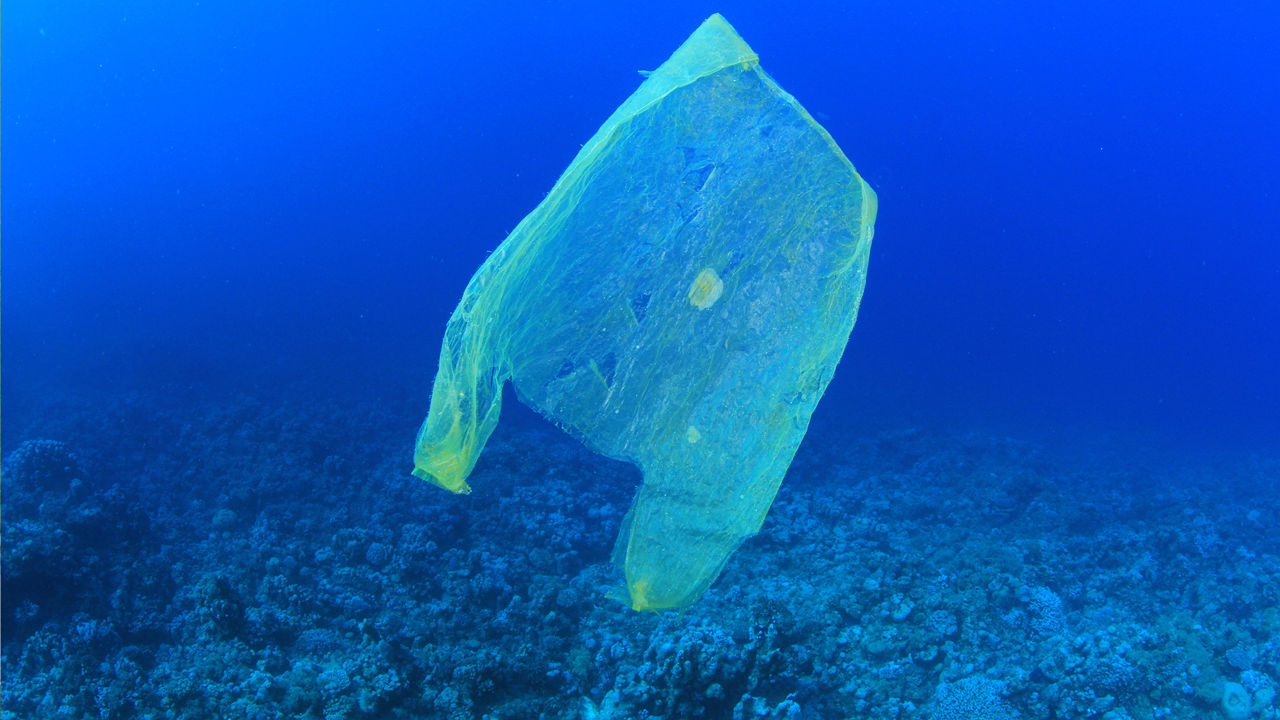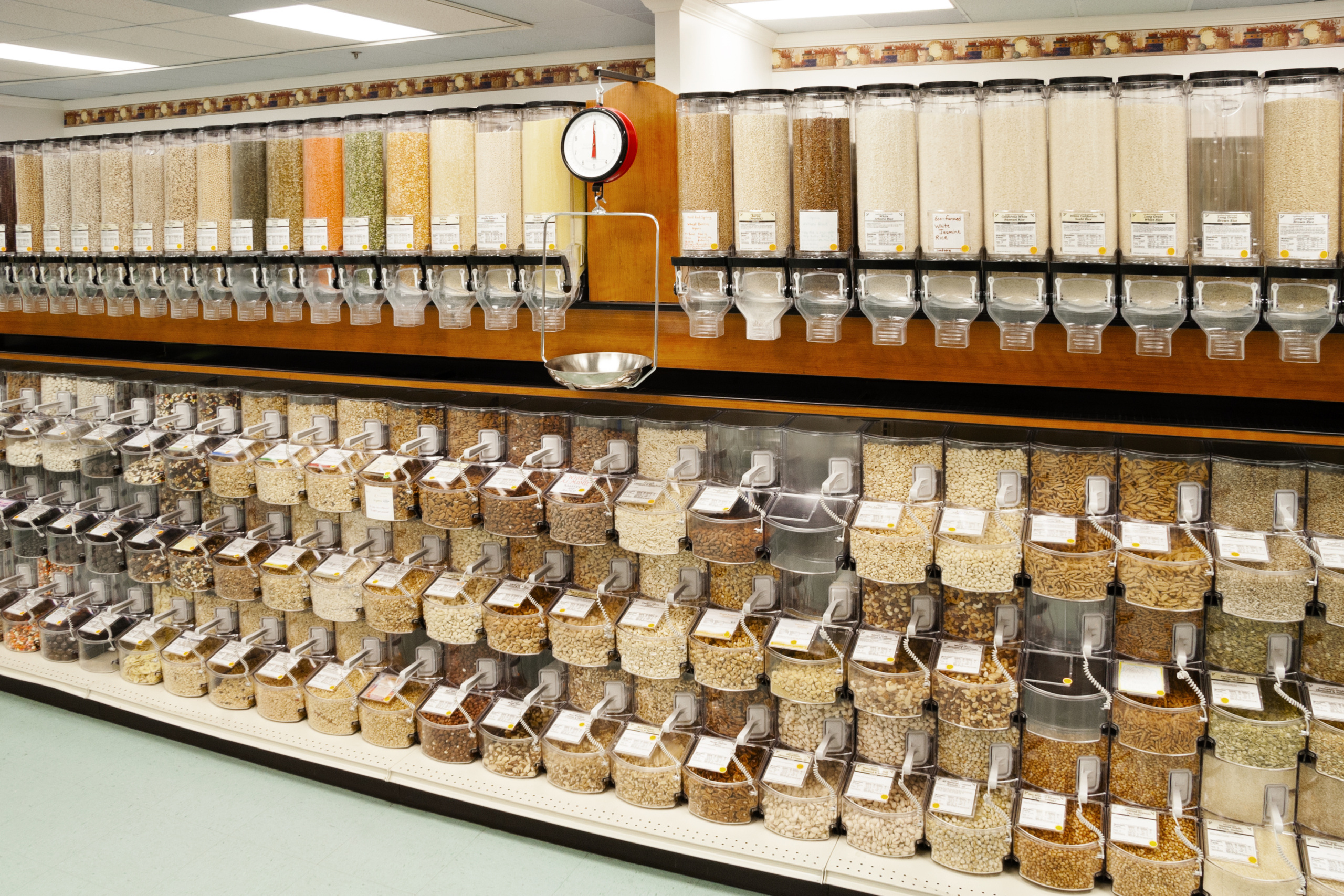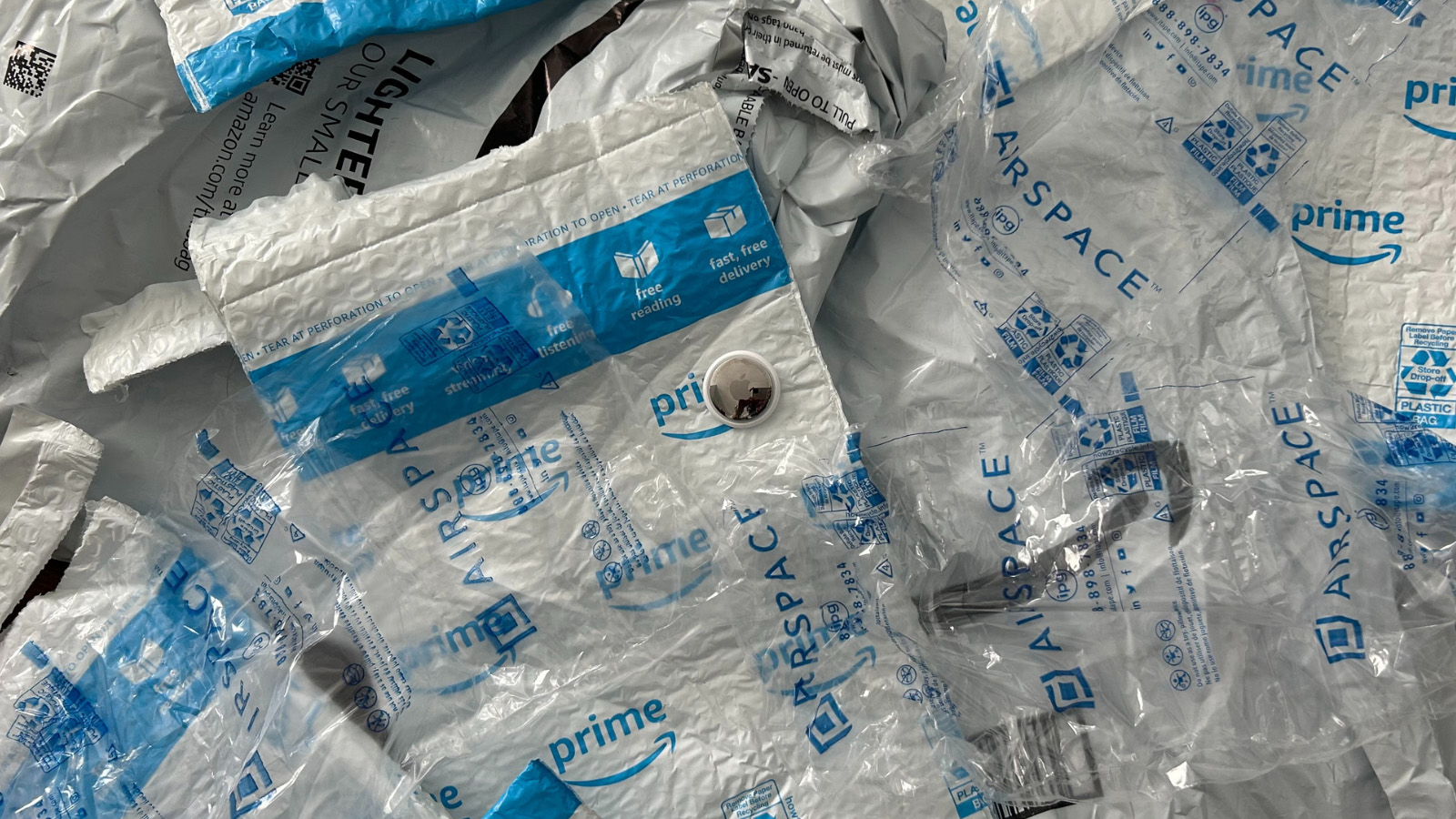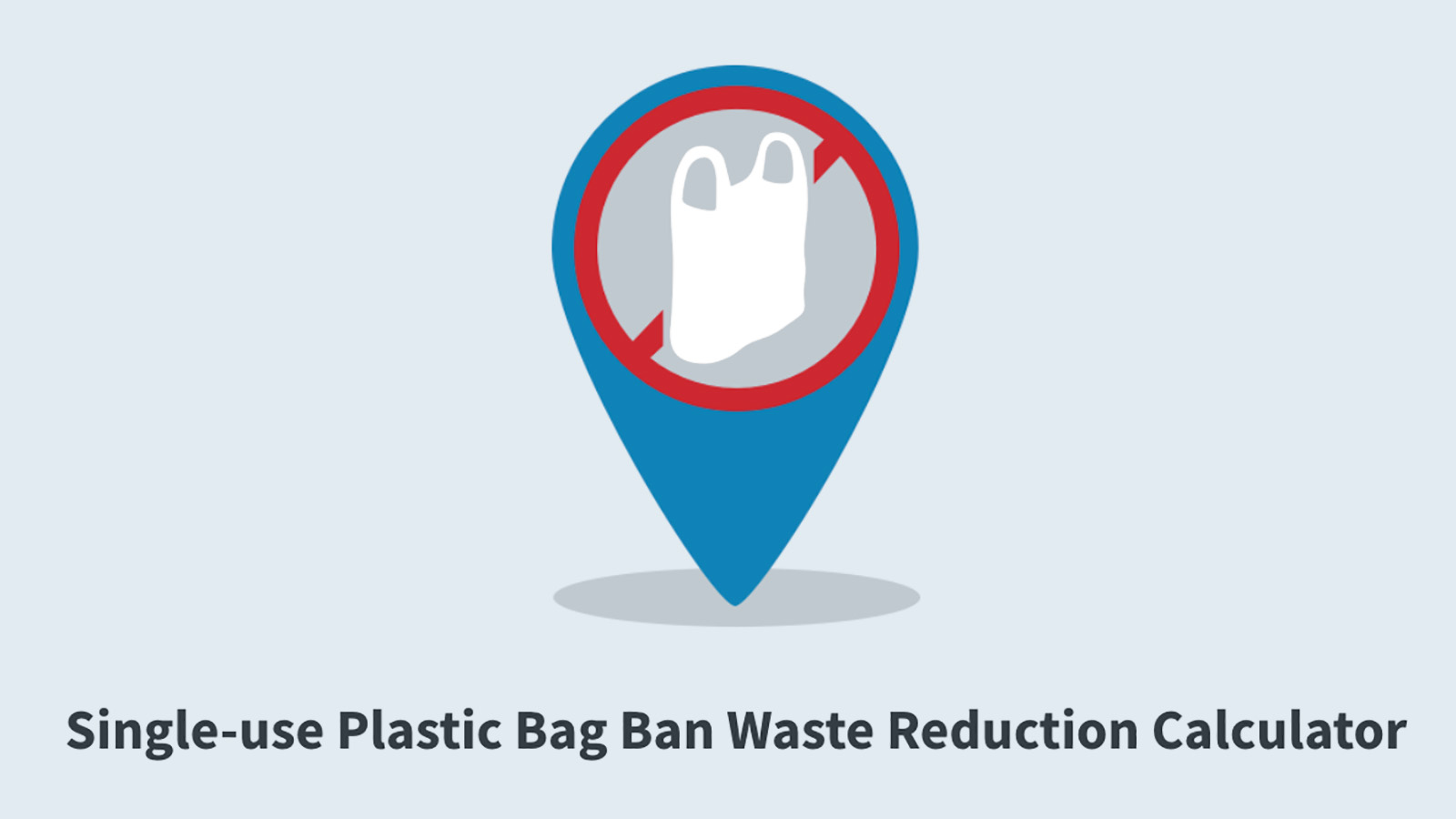Testimony: Plastic Bag Reduction Act
Our testimony in support of the Plastic Bag Reduction Act

Two summers ago, Environment Maryland staff knocked on 15,000 doors across the state to talk to Marylanders about plastic pollution and its impact on wildlife. Staff collected more than 5,000 petitions calling on Governor Hogan and the Maryland General Assembly to take action on plastic pollution. We want to thank the General Assembly for its leadership in reducing plastic pollution through a ban on foam food packaging, and we hope this can be the year we bring the bag ban over the finish line.
Here are the top 10 reasons that we support this ban. In no particular order:
#1-Reduce Waste:
According to the Center for Biological Diversity, a plastic bag is used for an average of 12 minutes, but can persist in our environment, and pollute our communities, for generations. Nothing we use for a few minutes should be allowed to pollute our communities and the Bay for hundreds of years—especially when we don’t really need it.
#2-Reduce Waste:
Each year, the average American uses more than 300 single-use disposable bags, and only about 1% of these bags are returned for recycling, with even fewer actually going through the process. Additionally, plastic bags can only go through the recycling process once or twice – recycling delays a plastic bag’s inevitable disposal in a landfill, our waterways, or an incinerator but it certainly doesn’t prevent it.
#3-Reduce Waste:
We do not need single use plastic bags. They were only introduced in this country in the 1970’s. We had a civilized, modern society before these bags became part of everyday commercial life, and we need to move away from them.
#4-Reduce pollution:
Plastic bag disposal is a lose/lose/lose. Virtually un-recyclable, when we dispose of them they end up buried in leaky landfills or burned in incinerators. If they get loose they end up littering our neighborhoods, roads, and waterways. Plastic bags are lightweight and can be caught by the wind and carried into our waterways where it eventually leads to the ocean. Plastic bag waste harms health, quality of life, and the environment.
#5-Reduce pollution:
According to many different sources, it takes more than 500 years for a plastic bag to degrade. The bags don’t break down completely but instead photo-degrade, becoming microplastics that absorb toxins and continue to pollute the environment.
#6-Reduce pollution:
For a bird or fish or turtle, it’s easy to mistake a small piece of plastic for food—especially when there are millions of pieces of plastic floating in our waterways. Scientists have found plastic fragments in literally hundreds of species, including 86% of all sea turtle species, 44% of all seabird species, and 43% of all marine mammal species. Ingesting these fragments is often fatal. Animals starve when they ingest too much plastic that they can’t digest.
#7-Protect our climate:
Plastic bags are made of fossil fuels. The more plastic bags are manufactured, the more we are using fossil fuels. According to National Geographic about 8 percent of the world’s oil production is used to make plastic and power the manufacturing of it. That figure is projected to rise to 20 percent by 2050. Every part of a single-use plastic’s lifespan emits greenhouse gases. From production to shipping to 1 disposal, single-use plastics make it increasingly less likely that we will stay beneath the 1.5 degree celsius threshold. If we fail to do that, we will be unable to mitigate the worst impacts of climate change.
#8-Promote the public interest:
In almost every community which has considered or adopted plastic bans, you find the opponents representing huge industries. Manufacturers of plastic, supermarket chains, the petrochemical industry all have pushed hard against citizen initiatives to promote bans. Yet time and again, the public supports and win bans.
#9-Good public policy:
Across the country, plastic bag bans have passed in over 350 cities and other communities. Some companies are also getting with the program. Kroger, the nation’s largest grocer which includes Harris Teeter and others, has committed to phasing out plastic bags, and other stores like My Organic Market (MOM’s) has already done away with them.
#10-Save money:
It stands to reason that cleaning up plastic bag waste and cleaning it out of storm drains, among other places, costs money. One study citing data from the California Integrated Waste Management Board, noted that San Jose alone spends “at least $3 million annually to clean plastic bags from creeks and clogged storm drains.”
Let’s kick our plastic problem so we can save money, and ultimately send Mr. Trash Wheel into early retirement. We respectfully request a favorable report on SB 223.
Topics
Authors
Kate Breimann
Find Out More

Refill, Return, Reimagine: Innovative Solutions to Reduce Wasteful Packaging

Truth in recycling

Plastic bag bans work


